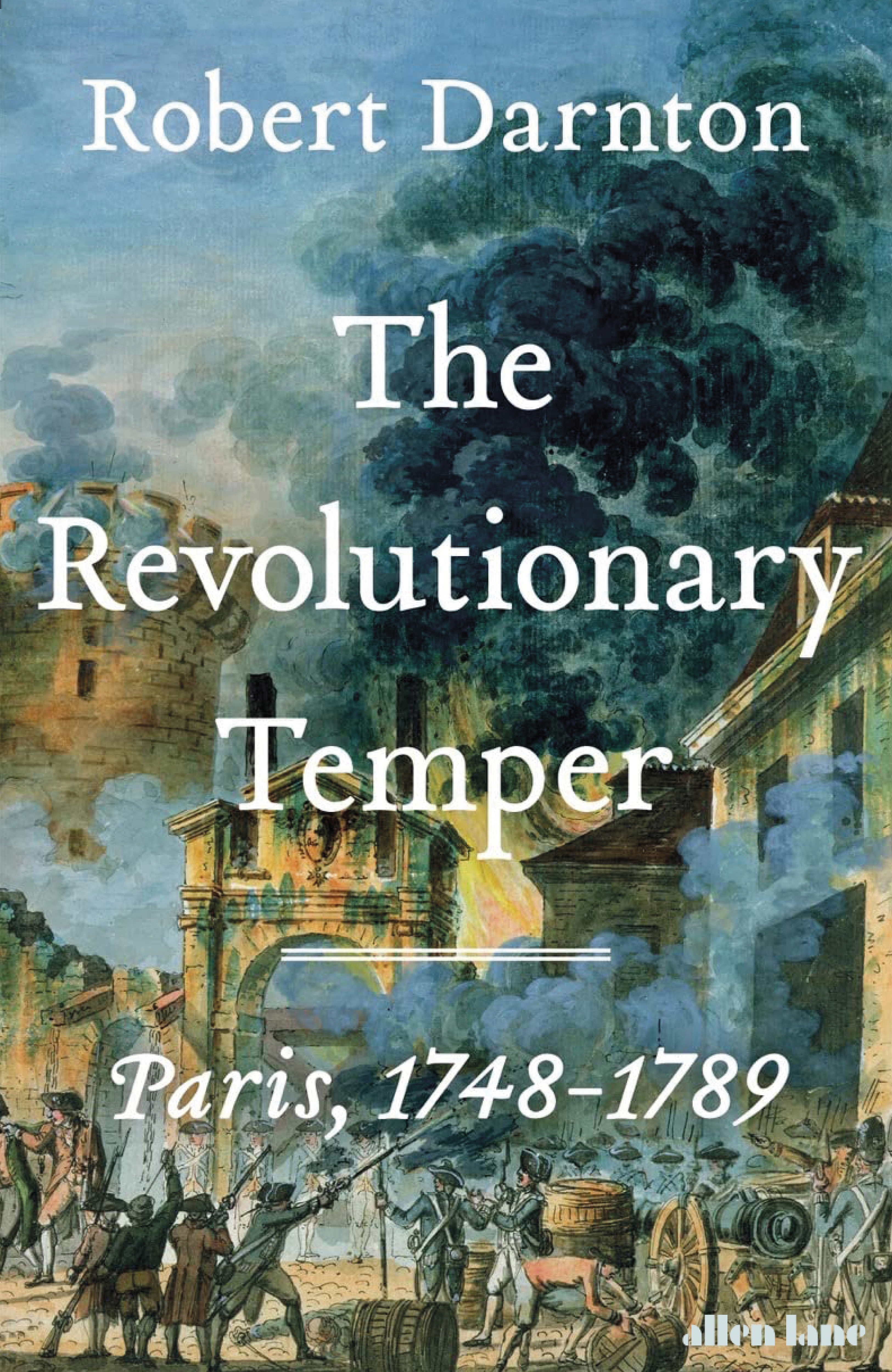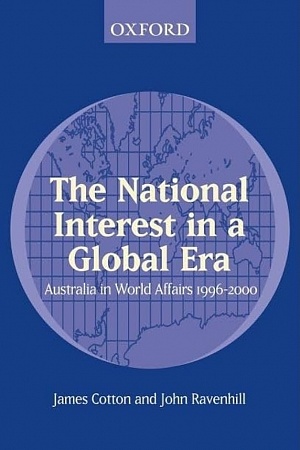The Revolutionary Temper: Paris, 1748-1789
Allen Lane, $65 hb, 547 pp
Limitless possibilities
On 27 August 1783, Jacques Charles launched the world’s first hydrogen balloon flight from the Champ de Mars (now the site of the Eiffel Tower). He excluded his rival Jacques-Étienne Montgolfier from the ticketed reserve. Then, on 21 November, Charles and another ‘navigateur aérien’ made the first manned flight, landing thirty kilometres north of Paris. Montgolfier was invited to cut a ribbon as a gesture of reconciliation in the name of science.
The public exhilaration generated by the balloon flights is the perfect metaphor for Robert Darnton: ‘Man had conquered the air … Perhaps even the laws governing society could be mastered. Reason seemed capable of anything.’ The week after the first flight, on 3 September 1783, the Peace of Paris was signed, formally ending the American War of Independence and recognising the new United States. The new republic further inspired radical ideas in Paris, just as the costs of France’s military involvement in the war would trigger a financial crisis that Louis XVI fumbled fatally.
Continue reading for only $10 per month. Subscribe and gain full access to Australian Book Review. Already a subscriber? Sign in. If you need assistance, feel free to contact us.












Leave a comment
If you are an ABR subscriber, you will need to sign in to post a comment.
If you have forgotten your sign in details, or if you receive an error message when trying to submit your comment, please email your comment (and the name of the article to which it relates) to ABR Comments. We will review your comment and, subject to approval, we will post it under your name.
Please note that all comments must be approved by ABR and comply with our Terms & Conditions.